
The explosion of popularity that skateboarding has experienced in recent years has led to a proliferation of companies who specialize or sideline in the manufacture of skateboards and related accessories. This development, for better or worse, has defined every aspect of the world of skateboarding. Manufacturers sponsor teams, design gear and innovate engineering that eventually touch every skater’s life.

Choosing from among the myriad of skateboard brands can be a mind-boggling decision. Which mark you choose will say a lot about who you are as a skater and even as an individual. Your selection will make you friends among aficionados, and perhaps earn you mockery from haters. Regardless, whether you are as loyal as a puppy dog or fickle as a club dancer, you will find that the quality of your gear is as important as making sore that it agrees with your ideas about skating equipment and the world around you.

Some brands like ZERO started out simply as clothing manufacturers, who grew to include skateboard supplies as a result of the designs’ popularity within the skater culture. Most of the more popular skateboard brands, however, were actually founded by skaters, and were originally focused on manufacturing skateboard-specific items such as decks, wheels and shoes and only subsequently have expanded to include more general products such as T-shirts, hoodies, patches and stickers.
Each skateboard manufacturer tends to stake out a given niche, appealing to different crowds according to attitude, age and taste of the core loyalists. Most successful companies communicate by the medium of the logo and associated art, publicizing the brand with accessories. The majority of equipment brands also have a clothing, shoe, and poster line as well as decks, trucks, and wheels.
Another popular means for making a brand synonymous with skating is the amateur or pro sponsored teams. Skateboarding is not a profitable sport for the majority of practitioners, as there are only a handful of cash-prize competitions. Skateboard companies make it possible for the top talents to devote their lives to their sport, and in exchange, the brand receives exposure and endorsements that the skating public trusts.
Some purists blame skateboard brands for corrupting the independent nature of the activity and for cynically commercializing what began as the countercultural province of fringe risk-takers, breeding an army of soulless posers who only care about image and style.
Whether or not this is true, advocates contend that these same companies have also made safe and high-quality skateboarding equipment available to the average person, and everybody has the right to skate. Supporters point to the charitable and community activities of these companies, who tend to be more generous than their counterparts in other industries.
Recently a movement has taken hold among skateboard companies to offer products which promote ecology and sustainable development, including offering clothing line using organic materials and alternatives such as hemp. Participating brands are enhancing the image of responsibility by donating a portion of the proceeds from these premium accessory lines to causes that link the skateboarding public with social conscience and concern for the world we all share.


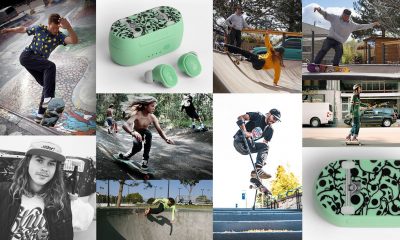
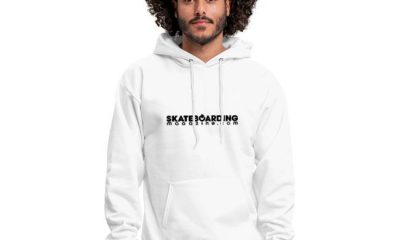
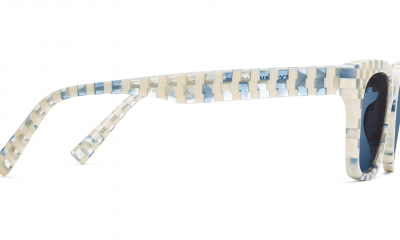

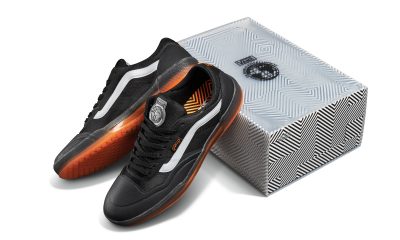


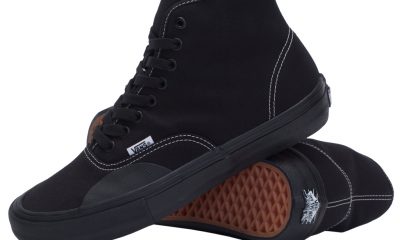
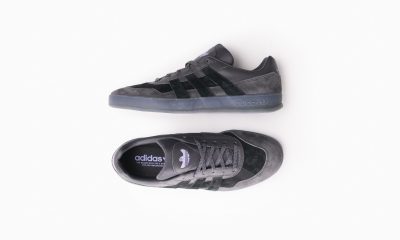
Facebook
Twitter
RSS